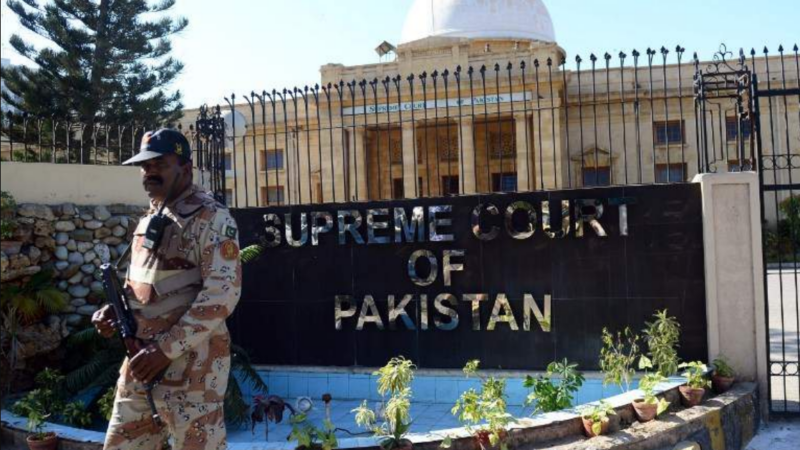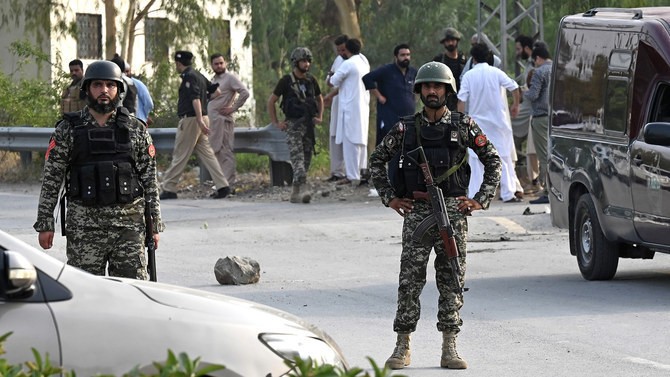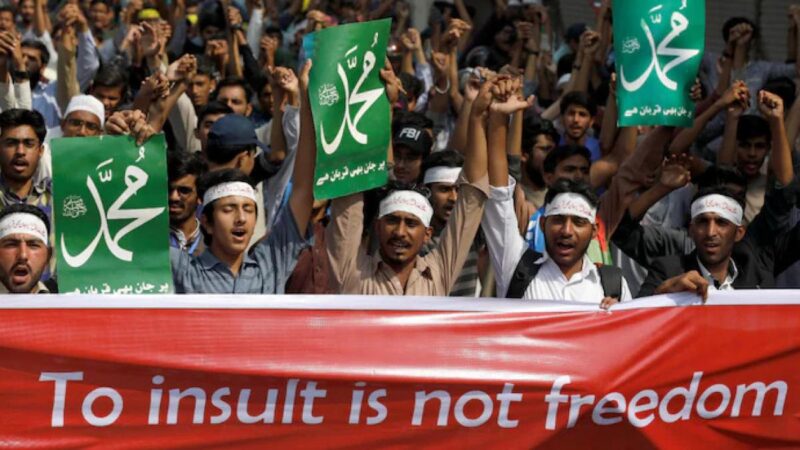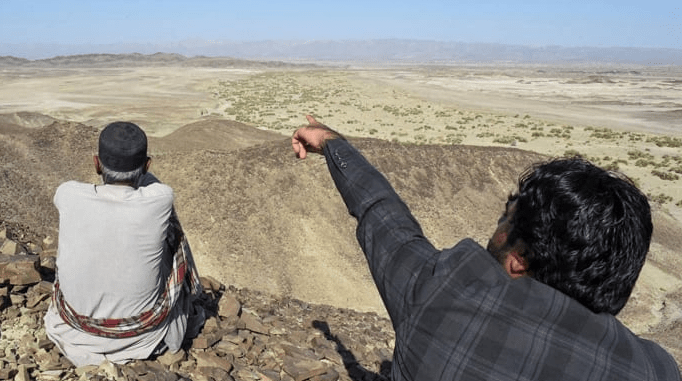Those in Pak who support proxy war in Afghanistan should face tough sanctions: Ex-Canadian Envoy
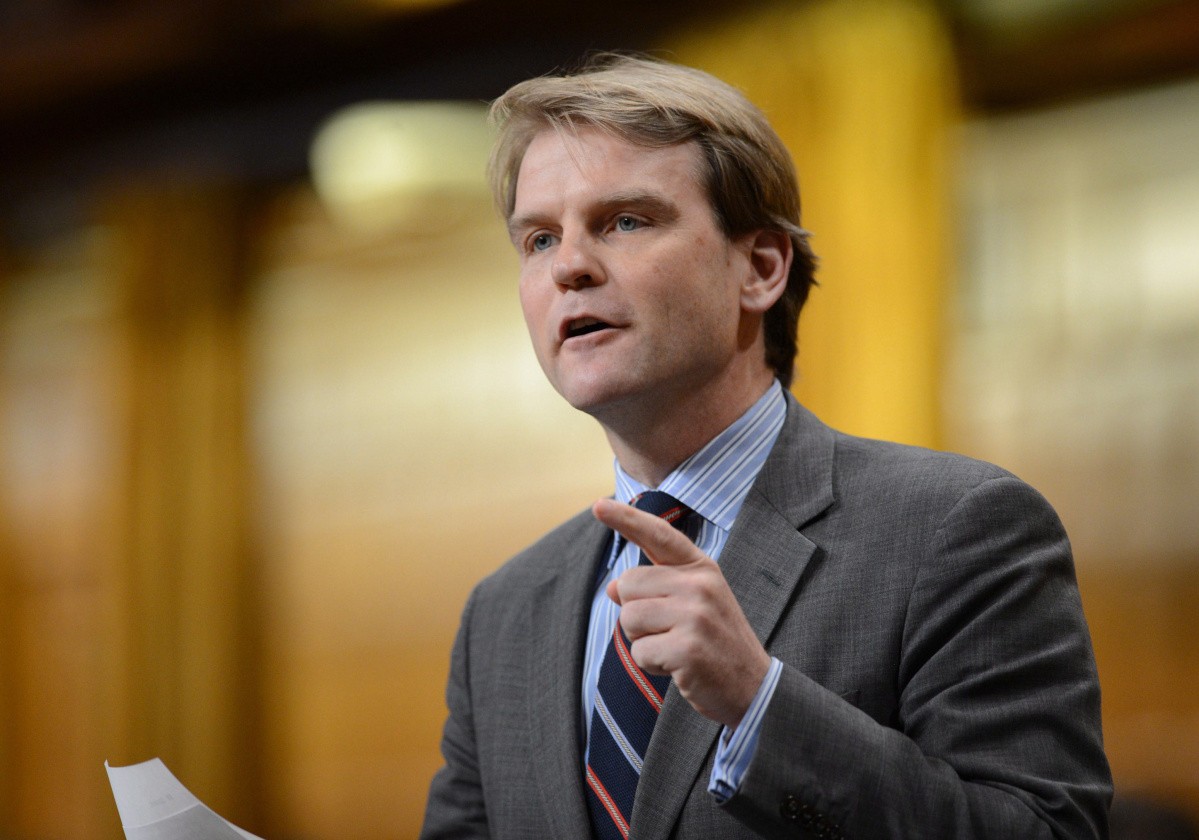
Advertisement
Those in Pakistan who are still supporting proxy war in Afghanistan should face tough sanctions, suggested Chris Alexander, Canada’s former Ambassador to Afghanistan, on Saturday.
In an article titled ‘Ending Pakistan’s proxy war in Afghanistan’, Alexander said that “Those in Pakistan still supporting proxy war in Afghanistan should face tough sanctions. Pakistan should be on the Financial Action Task Force (FATF) blacklist.”
“Afghanistan can only be portrayed as an “endless war” – a Vietnam-like sinkhole for lives and billions – by those who ignore this last major obstacle to peace. The only “forever war” has been ISI’s decades of aggression in Afghanistan,” he added.
He further said that after 20 years of hard effort, the path to a ceasefire and enduring peace in Afghanistan requires collective action, by the US and its allies, to end Pakistan’s proxy war.
In another paper, which was recently published, Alexander wrote: “Pakistan’s military supports the Taliban as part of a national strategy for Afghanistan and Kashmir that Pakistan has pursued consistently since 1947 when Kabul voted against Pakistan’s membership in the United Nations.”
In December last year, a series of videos had surfaced showing senior Taliban leaders meeting their followers and Taliban fighters in Pakistan.
Earlier this month, Alexander had said that Pakistan’s army, particularly the country’s powerful military intelligence, the Inter-Services Intelligence (ISI), “equips the Taliban” and sends them to wage war against the Afghan government.
The peace negotiations between Kabul and the Taliban began in the Qatari capital of Doha back in September. In early December, Kabul and the Taliban announced that they had agreed on the framework of the talks, allowing for discussions to now be held on substantive issues. Little progress, however, has so far been made since then.
Global terror financing watchdog, FATF, in February, had retained Pakistan on its “grey list” till June after concluding that Islamabad failed to address its strategically important deficiencies, to fully implement the 27-point action plan that the watchdog had drawn up for Pakistan.
Advertisement

